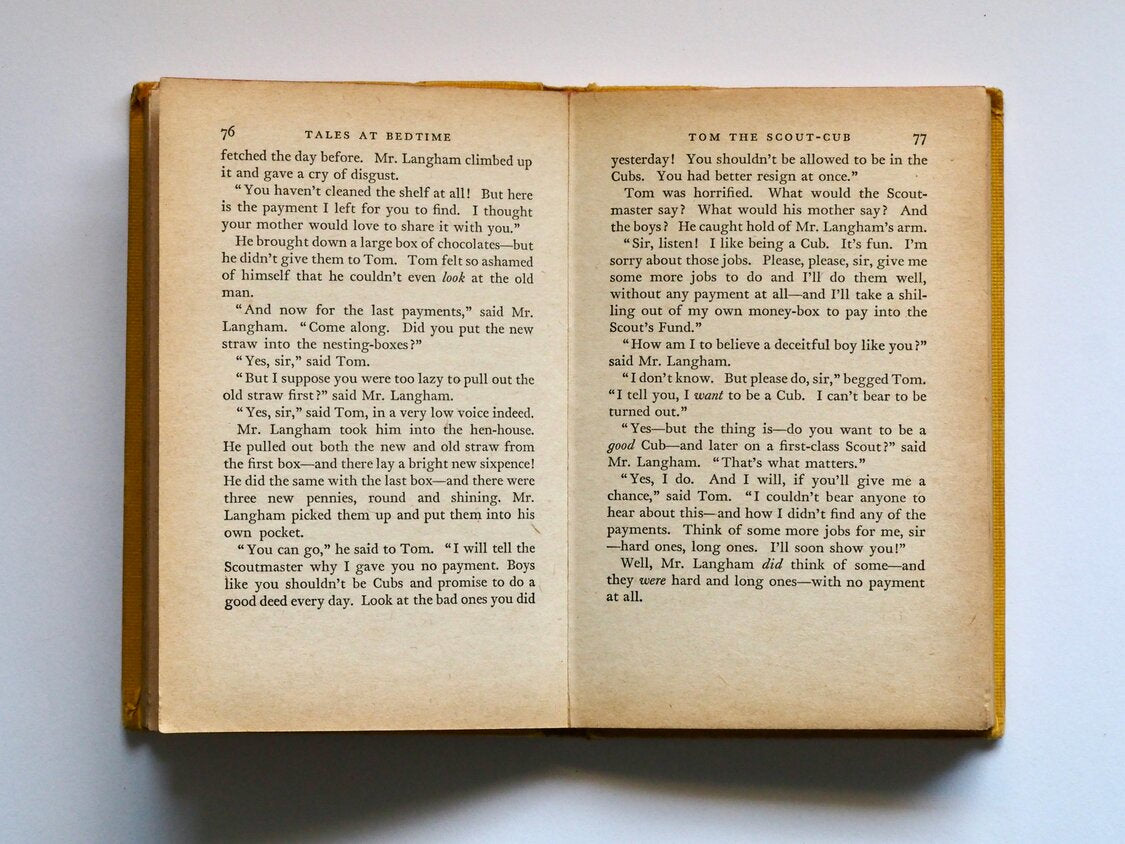Your cart is empty now.

Trademark as a Basis for DMCA Takedown Notices
- 19 July, 2018
- Nyall Engfield
Trademark can be a Powerful Basis for DMCA Takedown Notices
Having a registered trademark can be a powerful way for you to protect what is said online, by your competitors, about your brand. And most importantly, to prevent the use of your brand (or something confusingly similar) by your competitors. Is there a way to use the DMCA for Trademark Content? One way to take down content that may be infringing is using the DMCA "Takedown Notice" provision, which, when sent to an Internet Service Provider ("ISP"), requires the ISP to take the material down. A DMCA Trademark Takedown Notice can be quite effective.
Often, when a brand starts having some success in the marketplace, a number of competitors arise that are geared to taking advantage of the brand goodwill that you have built up. They may benefit by having a name that is close to your trademark, or by using your brand in blog articles or comparisons, to divert some of your search traffic to their website.
In either case, you can remove content that infringes your trademark through the DMCA Takedown Notice process. The DMCA process involves sending a notice to the ISP, host or the carrier of the infringing content or webpage. Under the DMCA law, if the ISP or host would like to avoid liability for the material, they can remove the material or otherwise make it inaccessible to viewers. In the notice you must provide the reasons for the takedown request (i.e. the copyright that is being infringed). As a result of receiving the takedown request, the Internet Service Provider MUST remove the content, and send a message to the owner of the content, who will have a chance to rebut the takedown and provide reasons why the content is actually legitimate. In practice, most content that receives such requests is illegitimate and the owner will not successfully rebut the claims against him or her, or will simply not respond. Accordingly, the content will stay off-line, and your goal has been achieved.
When it comes to trademarks, the DMCA directly does not apply because trademarks are protected under trademark law, not copyright law. Trademarks cover logos, brand names, and other identifiers that distinguish the source of goods or services, while copyright protects original works of authorship.DMCA is a creature of copyright.
Despite this distinction, there are scenarios where trademark infringement intersects with online content, and platforms might voluntarily extend policies similar to DMCA trademark procedures to address trademark infringement. For example, many social media platforms, web hosts, and online marketplaces have their own policies for handling complaints about trademark infringement on their services. These policies often allow trademark owners to submit DMCA takedown requests and trademark takedown notices for content that infringes on their trademarks.
To address trademark infringement online, the trademark owner typically needs to provide:
- Proof of trademark ownership (such as a trademark registration certificate).
- Specific details about how the webpage or content in question infringes on the trademark.
- A clear identification of the infringing content.
The process involves contacting the platform hosting the infringing content directly, often through a designated online form or contact email for legal complaints. While not formally part of the DMCA, this process is influenced by the DMCA's framework for handling copyright issues, providing a mechanism for trademark owners to protect their rights online. Moreover, the Federal Law that online platforms typically hide behind, Section 230 of the Communications Decency Act, has an explicit exception for trademarks use.
You must make sure your claim is legitimate, however, as the DMCA provides for damages and attorney’s fees for “any person who knowingly materially misrepresents” the facts in a takedown notice.
While it is time-consuming to review content and file DMCA Takedown Notices where necessary, it can provide a great benefit to your brand recognition and can end the confusion that your competitors are trying to introduce into the marketplace. WE CAN FILE THESE FOR YOU ON SHORT NOTICE, AND GET THAT INFRINGING CONTENT REMOVED.
Search
Archive
- April 2024
-
- 75 statistics on registered trademarks in the United States and the state of the U.S. trademark register for 2024
- Uniform Domain-Name Dispute-Resolution Policy (UDRP) and getting control of a Domain Name
- Combating counterfeit products - strategies and tactics
- Counterfeit products - Fake Nike and Amazon, and how they agreed to disagree
- How many active trademarks are there in the USPTO Trademark Register? And other trademark statistics



